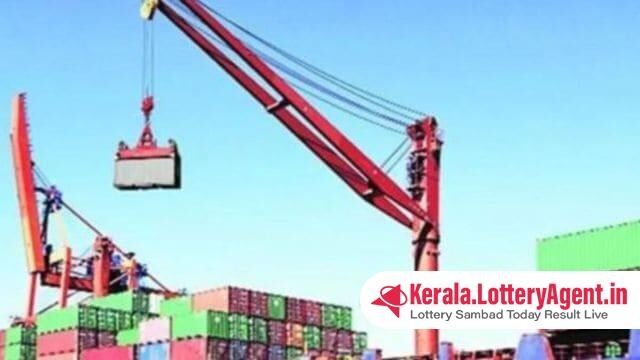
In a bid to further solidify the collaborative efforts between the United Arab Emirates (UAE) and India, the director of the CEPA Council, Ahmed Aljneibi, on Tuesday outlined the future trajectory for growth driven by partnerships across various tech sectors, including aviation, fintech, edtech, health-tech, and clean energy tech. The UAE-India CEPA Council (UICC) was established amid the conversations at the Vibrant Gujarat Summit this January, reinforcing the strong economic ties initiated by the Comprehensive Economic Partnership Agreement (CEPA), which took effect in May 2022.
Aljneibi emphasized the untapped potential in enhancing air transportation and air cargo links which could become pivotal for the escalating trade dynamics between the two nations. He pointed out that although there is already significant trade flow, this could be maximized further. “Partnerships in [the aforementioned tech sectors] will undoubtedly drive the next chapter of the UAE and India’s shared growth story,” attested Aljneibi, highlighting that both countries are at the forefront of digital economy advancement, benefiting from the facilitations of the CEPA.
Brushing on the subject of infrastructure, the UAE’s advanced 5G networks and logistical provisions have allowed Indian firms to disseminate digital solutions throughout the region. The symbiotic relationship is most evident in trade figures, with commerce between the two countries ballooning from $72.9 billion to $84.5 billion between the financial years of 2021-2022 and 2022-2023, marking a robust 16 percent increase.
For air travel and cargo, however, Aljneibi sees room for expansion. He detailed that the current seat-sharing capacity is limited, accommodating only about 134,000 passengers weekly, and cargo being strapped at 4,000 tonnes each week. The director proposes a visionary approach to aviation partnerships which could spark monumental economic benefits and be mutually advantageous to consumer and business communities in both countries.
Aviation is not the sole focus, and the director indicated that the UICC is eyeing the pivotal role that Indian Micro, Small and Medium Enterprises (MSMEs), especially those in secondary Indian cities, could play in furthering the bilateral economic alliance. As such, there is an eager intent to back smaller companies looking to branch out internationally. To this end, strategic sectors like agri-tech, green energy, and medical sciences on the council’s radar offer significant growth potential.
In an ambitious schedule laid out for the following year, the UICC is set to conduct a series of events across India. These include a business round-table to convene in Jaipur on April 24, partnered with the Confederation of Indian Industries. The agenda is to ensure that Indian businesses understand the full advantages of both the CEPA and the overarching UAE-India strategic partnership.
Aljneibi highlighted the value of the UAE’s position as a significant logistics hub with a substantial amount of its international re-export gravitating towards Africa and the Middle East. He speculates that the CEPA offers Indian companies a pivotal passage to these markets. Additionally, as Africa’s fourth-largest global investor, the UAE stands as the unparalleled gateway for Indian organizations aiming to expand into this strategically essential region.
The bilateral ties between the UAE and India also foster opportunities for Indian companies to establish relationships with African counterparts across all sectors. This synergy is expected to be boosted by the development of Bharat Mart in Dubai’s Jebel Ali Free Zone, a project poised to significantly streamline Indian companies’ export channels to Africa and the Middle East.
In sum, the CEPA Council foresees potent sectoral growth steered by India-UAE partnerships, underpinned by the shared vision to support emerging technologies, improve archaic infrastructure, and bolster burgeoning industries—a narrative reflective of dynamic international cooperation and futuristic economic diplomacy.












